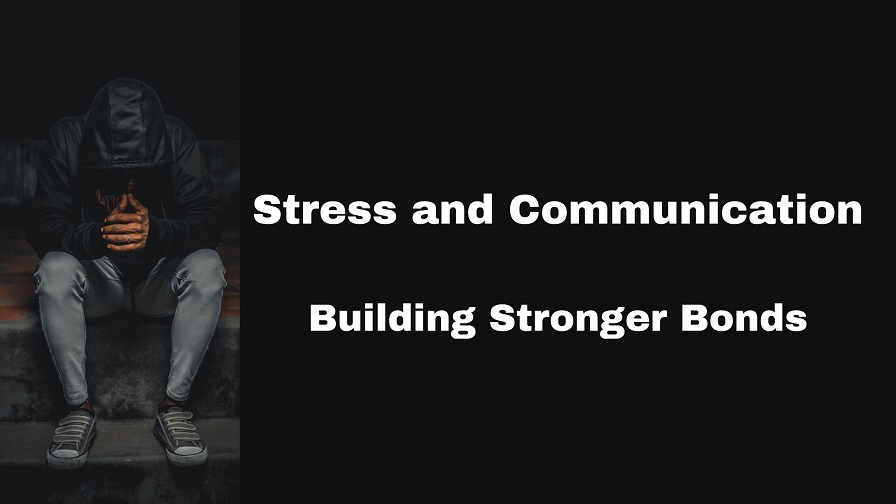Stress and Communication: Building Stronger Bonds
Communication is the cornerstone of human interaction, shaping relationships, understanding, and connection.
When stress enters the equation, effective communication becomes even more crucial. Stress can affect communication, leading to misunderstandings, conflicts, and strained relationships.
On the flip side, nurturing effective communication skills can enhance our ability to manage stress, foster support, and build stronger bonds.
This article explores the dynamic between stress and communication, offering insights and strategies to promote healthier interactions and create a supportive environment.
The Impact of Stress on Communication
Emotional Expression: Stress can amplify emotions, leading to heightened responses that impact how we express ourselves.
Misinterpretation: Stress can affect our perception, causing us to misinterpret others’ words or intentions.
Listening Impairment: Stress can hinder active listening, making it difficult to fully understand and empathize with others.
Conflict Escalation: High-stress levels can escalate conflicts, causing emotions to precede effective problem-solving.
Strategies for Enhancing Communication During Stressful Times
Practice Active Listening
Please give your full attention to the speaker, focusing on their words and nonverbal cues. Active listening promotes understanding and empathy.
Use “I” Statements
When expressing your feelings, use “I” statements to convey your emotions without blaming or accusing you. This approach promotes open dialogue.
Mind Your Tone
Be mindful of your tone and body language. A calm and respectful demeanor can prevent misinterpretation and defuse tension.
Empathy and Validation
Show empathy by acknowledging the other person’s feelings. Validation fosters a sense of understanding and support.
Choose the Right Time and Place
Select an appropriate time and private space for important conversations. A conducive environment enhances open and honest dialogue.
Practice Mindful Communication
Engage in mindful communication by being present, focused, and attentive. Mindfulness reduces stress and promotes effective interactions.
Ask Open-Ended Questions
Encourage meaningful conversations by asking an open-ended questions that invite detailed responses and promote deeper understanding.
Avoid Assumptions
Avoid making assumptions about others’ intentions or feelings. Instead, seek clarification to ensure accurate understanding.
Manage Nonverbal Cues
Be aware of your body language & nonverbal cues. Nonverbal signals can influence the tone and meaning of your words.
Practice Patience
Be patient and give others the space they need to express themselves. Patience encourages open dialogue and a sense of understanding.
Conclusion
Effective communication is a powerful tool for managing stress, resolving conflicts, and building stronger connections.
By practicing active listening, using “I” statements, and cultivating empathy, you can create an environment where stress is managed collaboratively and relationships are nurtured.
Remember that communication is a skill that requires continuous effort and practice. By incorporating these strategies into your interactions, you can transform stress-laden situations into opportunities for understanding, growth, and connection.
With effective communication as a cornerstone, you can navigate stress with greater resilience and foster relationships that stand the test of challenging times.
Thanks for visiting How To Cure Stress

